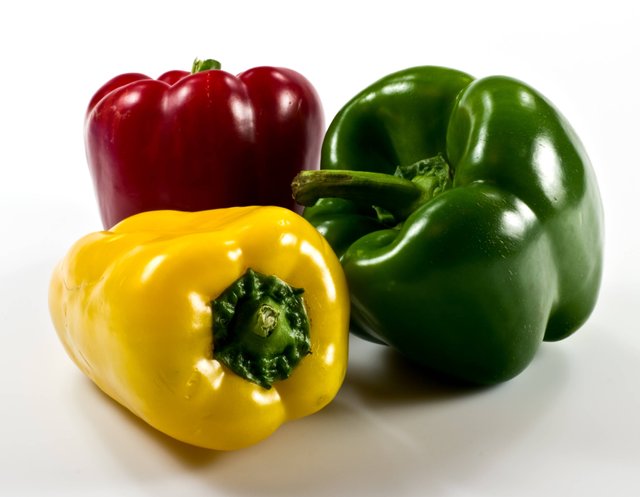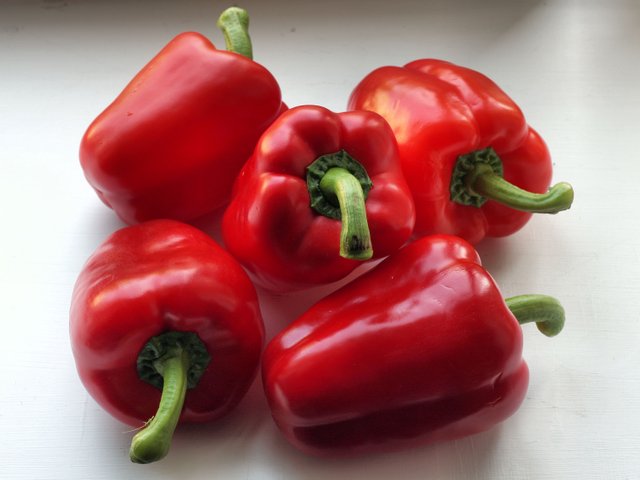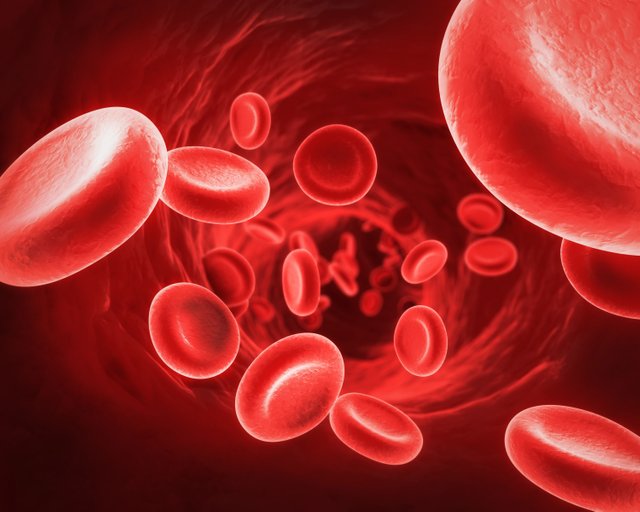Food and Health Awareness | Health Benefits Associated with Capsicum

Capsicum is also called sweet pepper or bell pepper. There are several varieties of these peppers: different colors: red, yellow, green, orange. These are less pungent varieties of peppers. These massive vegetables grew in South America and Central America more than 900 years ago and were called peppers by European residents in North America.
Health Benefits of Bell Pepper

Boosts Immunity

Capsicum is an excellent source of vitamin C (ascorbic acid). Taking enough vitamin C in your diet helps boost immunity, prevents colds and flu, keeps gums healthy, and heals wounds and burns faster.
Abundant Antioxidants Source

Capsicum is full of antioxidants, and red is even more so. In fact, one study has shown that that red bell peppers, as well as beetroot and broccoli, have the highest cellular antioxidant activity in common vegetables.
Reduces Risk of Heart Disease

Because of its capsaicin content, capsicum is also known for their anti-inflammatory properties. Therefore, various studies have shown that in addition to cardiovascular diseases, capsaicin is also beneficial for gastrointestinal diseases, obesity, skin problems, bladder problems and various types of cancer.
Lowers Blood Pressure and Risk of Stroke

Bell pepper is rich in potassium, and 100 grams of red bell pepper provides 211 milligrams. The recommended daily adult potassium is 4700 milligrams. A high potassium diet can help regulate blood pressure (and prevent heart disease), maintain healthy bones and reduce the risk of stroke. Potassium also prevents muscle spasms and stomach problems.
Glows Skin

Snacking on bell pepper can also give you healthy and refreshing skin! Because of its anti-inflammatory properties and its vitamin C content, pepper can help fight acne.
Promotes Vision

The vitamin A content of capsicum makes them really good for eyesight. Half a cup of red bell pepper can provide you with 47% of the recommended daily intake of vitamin A.
Excellent Source of Folate

Bell Pepper is also a good source of folic acid. The red bell pepper has the highest folic acid content, 46 micrograms per 100 grams. For pregnant women, folic acid is a highly recommended nutrient because it helps prevent spina bifida while supporting the placenta. It is recommended that pregnant women take 600 mg of folic acid daily and 100 grams of red capsicum provide 8% of health.
Niceeee
I really like eating the green ones!
FollowBack every day 100%
beautiful color
It's interesting that most people think of peppers as something you add to salad or fry with sausage. I knew a mother who had another idea. She told her toddler that peppers were a tasty snack. The child would ask for sliced peppers as a treat. This went on for years, until the larger culture persuaded the child that peppers were a vegetable, and candy was a treat. This child still likes vegetables but has, in a sense, lost her food innocence. I didn't realize how wise the child's mother was until I read this post. Good job.
Lots of good info! Thanks:)
All the data u provided are really true.
thanks for such good information✌✌✌
Your post is always cool and educative @cryptokraze keep it up
Please do well to read my post on alcoholism and our kidney @andymandy01
wow.nice blog.In your post you've shared a beautiful post about food.such a great blog.keep it up.
It's a learning and benefited post to all.
This is really informative @cryptokraze. I never knew capsicums can be so useful to us enhancing the beauty aswell ;)
Such uses. Thank you for sharing health care blogs. God bless you.
Never been a pepper fan but this is interesting haha
Hot pepper makes the brain work actively. what are your thoughts on this issue? @Cryptokraze